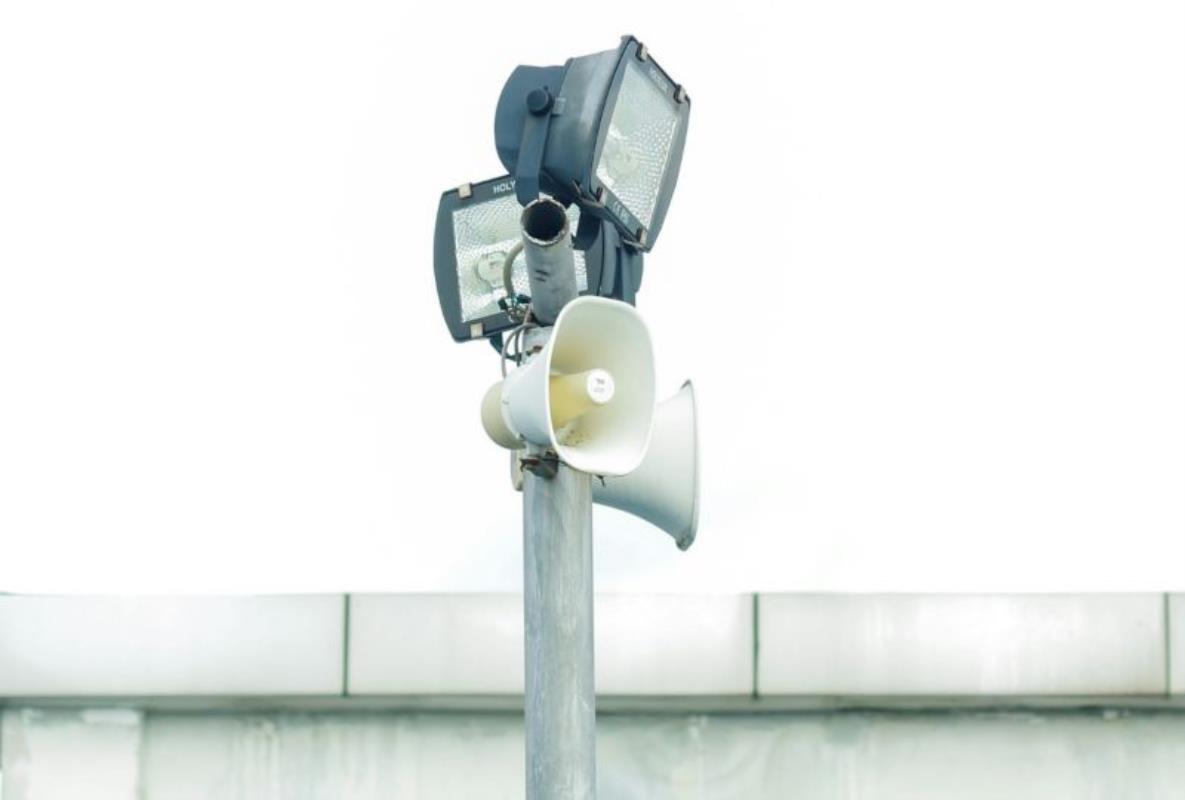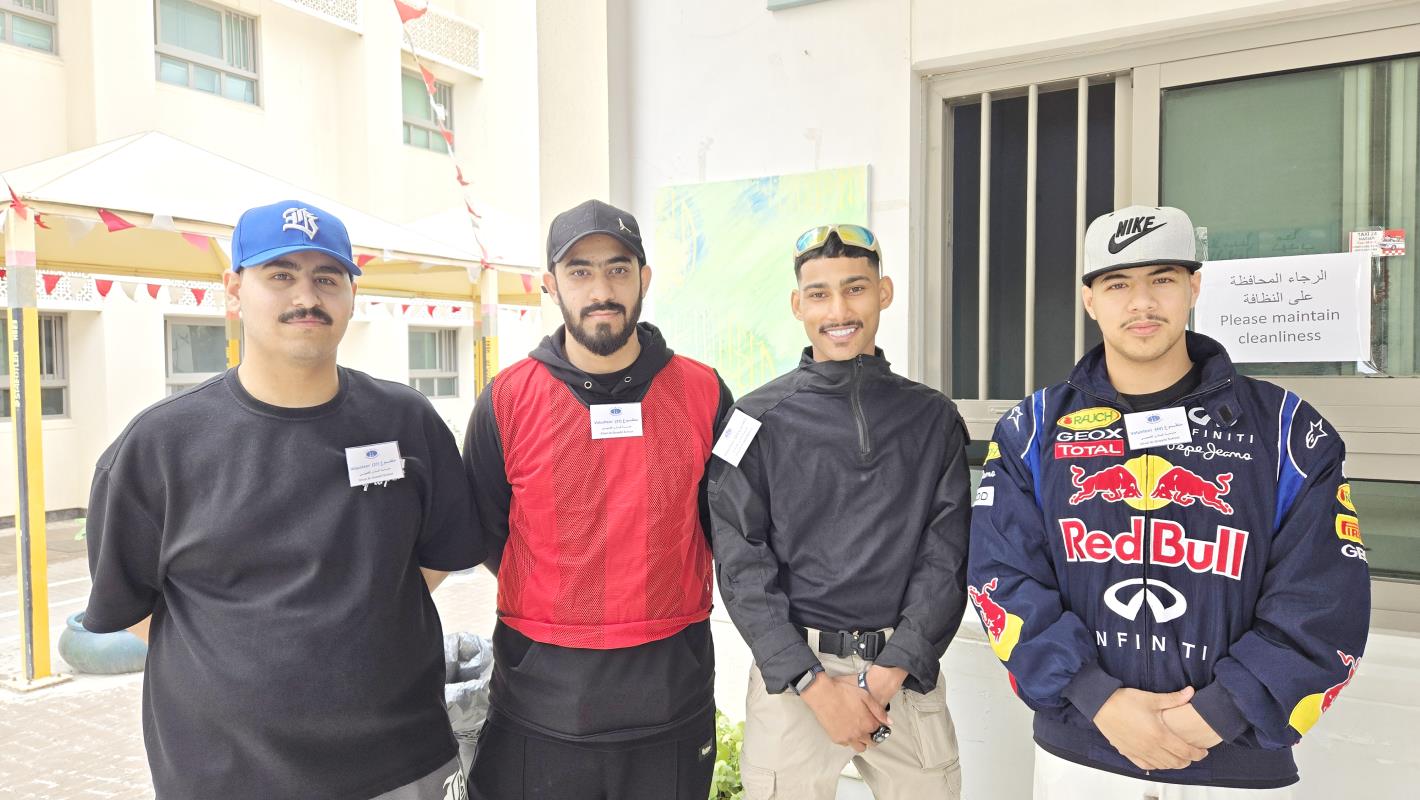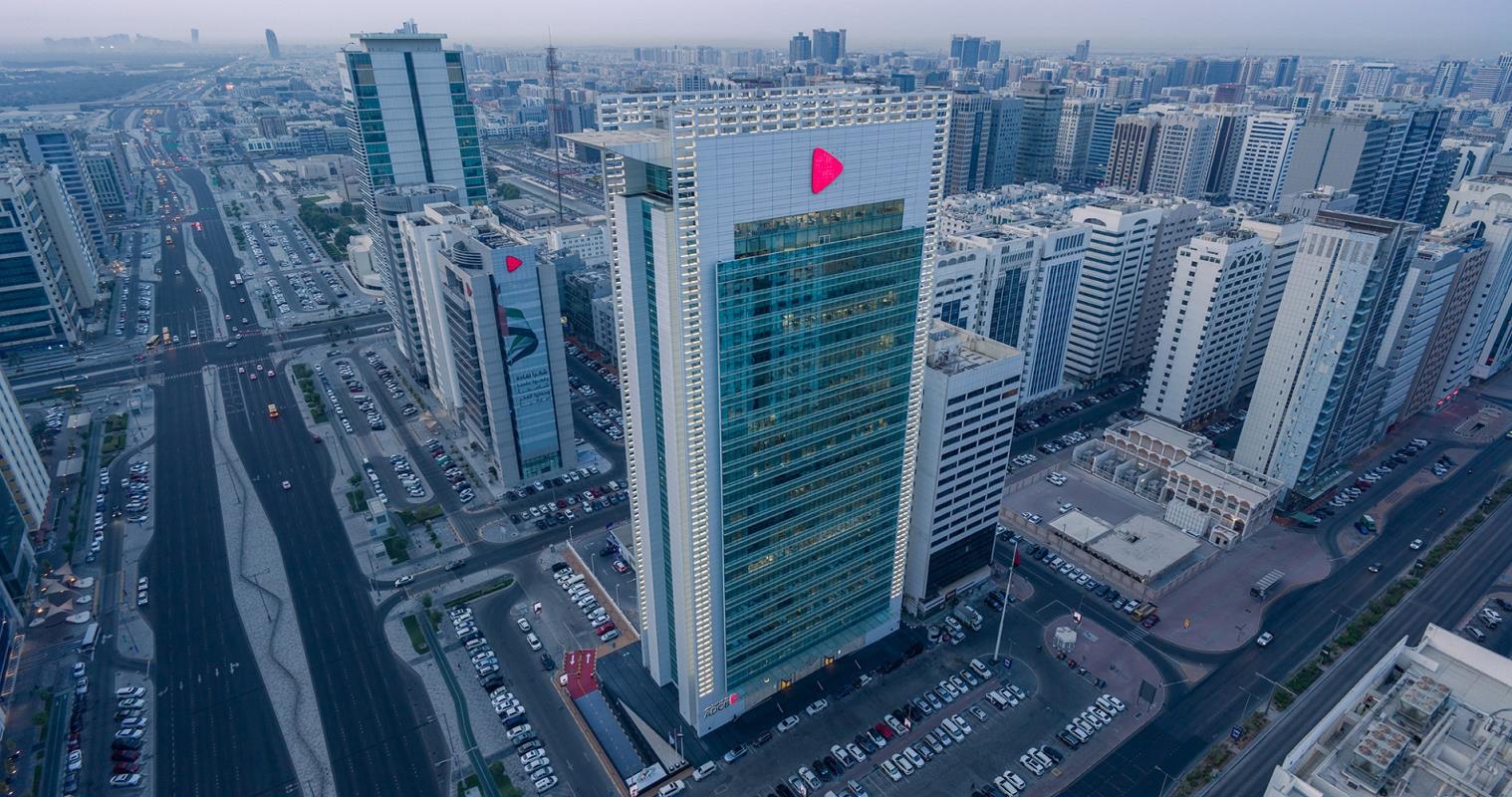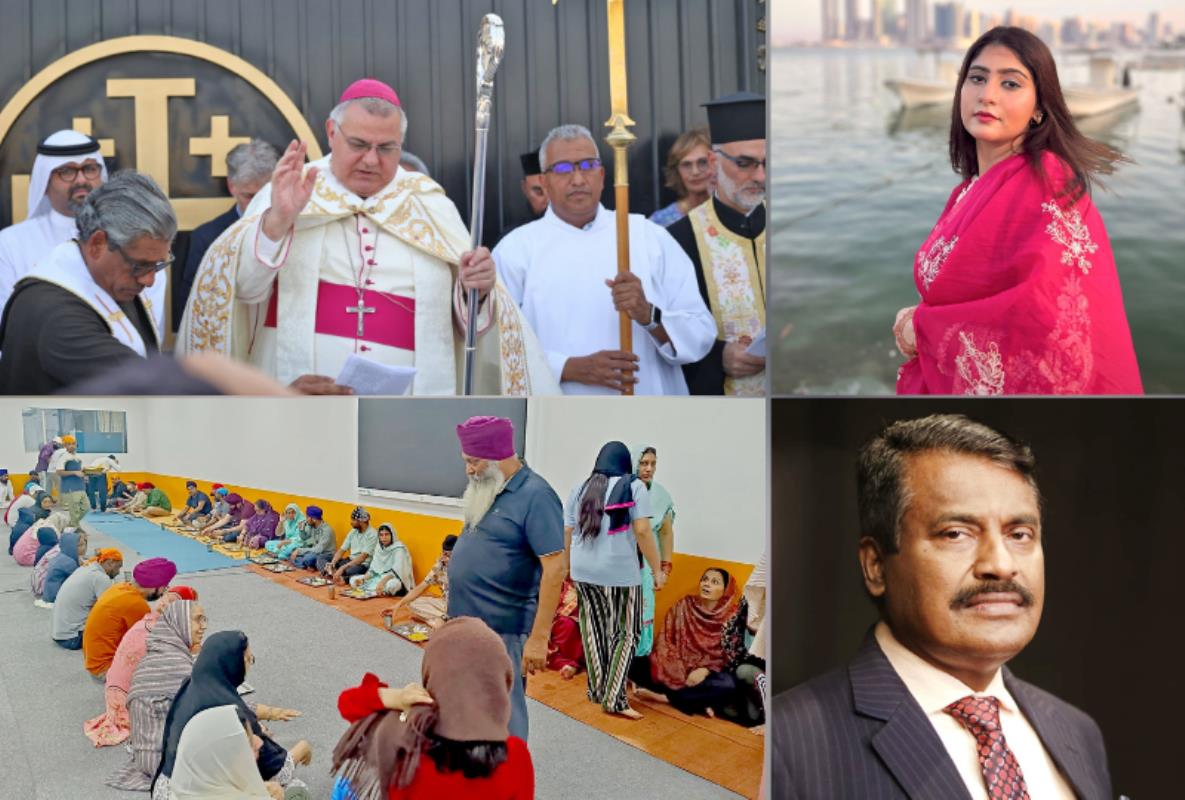
FOR millions of Muslims around the world, including Bahrain, Ramadan this year will be a bit different, writes the GDN's Reem Al Daaysi.
The holy month has traditionally been characterised by families attending mass prayers or Quran reading in mosques, gathering to share the Iftar meal, visiting extended families and friends while tents are put up for religious lessons or social gatherings.
However, with the Coronavirus Disease (Covid-19) pandemic sweeping the globe, preventive and precautionary measures have been enforced which include social distancing and a ban on public gatherings.
The GDN reported on Saturday that the Grand Mufti of Saudi Arabia had called the faithful to perform Ramadan Taraweeh and Eid prayers at home.
The Grand Mufti Sheikh Abdulaziz Al Sheikh also said group Taraweeh evening prayers would not be held in mosques this year.
If the outbreak continues through the holy month, Eid Al Fitr prayers should also be performed at home, he added.
Saudi Arabia has also asked Muslims around the world to delay their plans for the Haj and Umrah pilgrimages amid uncertainties surrounding the pandemic.
Meanwhile, according to Bahrain Astronomical Society chairman professor Dr Waheeb Al Naser, Ramadan, expected to begin on Friday depending on the sighting of the moon, will be in a cooler climate compared with previous five years – hopefully providing Muslims with a comfortable fasting period.
“According to the unified Islamic calendar, which simulates the astronomical eye, the first day of Ramadan will be, God willing, this Friday,” he told the GDN yesterday.
“Ramadan’s crescent will be born on Thursday at 5.27am and set at 6.25pm with the sun setting at 6.05pm which means the crescent will remain on the horizon for 20 minutes and is extremely difficult to be seen with the naked eye or the telescope.
“People in Bahrain will fast 14 hours and 22 minutes on the first day of Ramadan starting from 3.44am to 6.08pm – which is 17 minutes less than last year.
“This will increase to 15 hours and two minutes on the last day of Ramadan, from 3.20am to 6.22pm – which will be nine minutes less than last year.”
According to the expert, as Ramadan this year falls in spring, the maximum temperature witnessed during this period is 30C, with apparent temperature at 29C and an average of 80 per cent humidity.
He revealed that the human body is impacted by humidity; when humidity levels reach 75pc with temperatures at 35C it causes heat exhaustion.
“Scientifically, the human body goes through the impact of humidity when temperatures reach 35C with humidity levels at 70pc which causes heat exhaustion especially if there is no wind factor as the apparent temperature may reach 58C,” he added.
“However, this year there isn’t much of a discrepancy between actual and apparent temperatures and the weather during Ramadan this year is expected to be pleasant.
“There is also a forecast for strong winds from the north with a possibility of heavy rains and temperatures dropping to 25C and reaching a maximum of 33C while humidity will range between 40pc to 80pc.”











































































